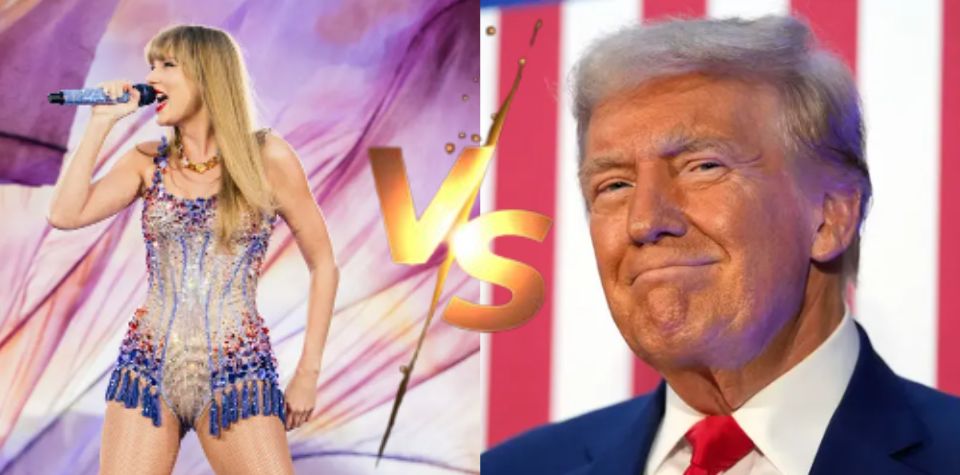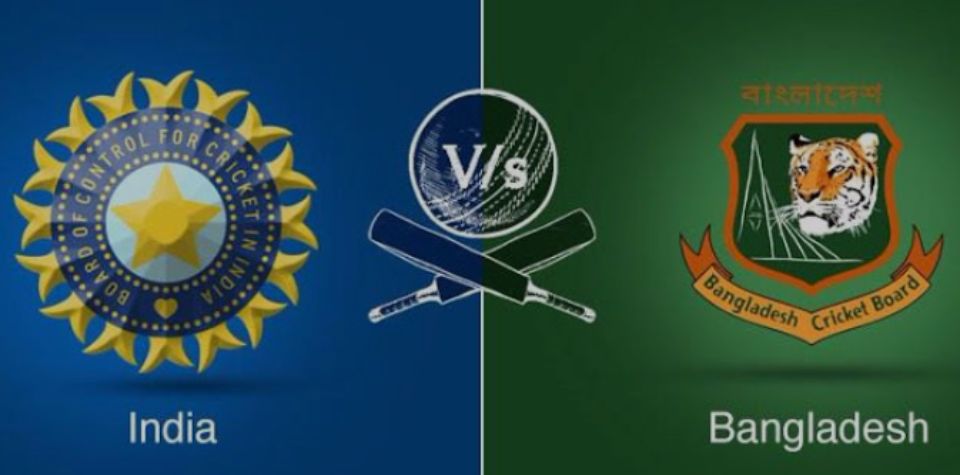You must have heard that iron deficiency has always been a common issue, especially in women. Let’s understand some basics about iron deficiency and how to deal with it.
According to NIH, Iron is an important mineral that is required for many of our bodily functions. Iron is the most important constituent of hemoglobin and is required for the creation of it. Now, what is hemoglobin? It is a red-pigmented protein that gives the red blood cells their red color.
Hemoglobin is a very important component of red blood cells that is required for transporting oxygen to all body parts. Since iron is needed for the creation of hemoglobin, it is a vital mineral for our body.
Do You Know the Iron Types?
In food items, two types of iron can be found. They are:
- Heme Iron: Heme iron is present in non-vegetarian foods such as meat, fish, and poultry.
- Non-Heme Iron: Non-heme iron is found in vegetarian food items such as spinach, kale, and jaggery.
Functions Of Iron
Now, let’s discuss some vital functions that iron performs;
According to News Medical;
- Transport Of Oxygen: As discussed earlier, hemoglobin helps in the transport of oxygen to various parts of the body. Iron is required for the creation of hemoglobin.
- Creation Of ATP: Iron is also required for the creation of ATP (adenosine triphosphate). ATP is required for storing and transferring energy in cells.
- Immunity: Iron is essential for the proper functioning of the immune system. It strengthens the immune system.
- Synthesis of DNA: DNA stands for deoxyribonucleic acid. It is the genetic material that is responsible for the similar characteristics between parents and their offspring. Iron is necessary for DNA synthesis.
- Synthesis Of Hormones And Enzymes: Iron is also needed for the synthesis of various hormones and enzymes.
Quantity Of Iron Required
The amount of iron required by a person depends upon various factors, such as age, sex, weight, and whether he/she consumes a completely plant-based diet or not. The amount of iron that a person’s body gets from a certain amount of vegetarian food is less than his/her body will get from the same quantity of non-vegetarian food.
Iron Requirement During Different Phases Of Life (in milligrams per day)
- Infancy (Birth to 6 months): A newborn baby’s (up to 6 months old) iron requirement is around 0.27 mg/day.
- Infancy (7 to 12 months): A baby who is 7 to 12 months old requires almost 11 mg of iron per day.
- Childhood (1-11 years old): Childhood is one of the most important phases of life, as the rate of body development is very high during this period. The iron requirement during this phase is approximately 7 to 11 mg per day.
- Adolescent Boys (12-18 years old): This is also a developing phase of life, and the requirement for iron is pretty high at this stage too. It is around 11 mg/day.
- Adolescent Girls (12-18 years old): Girls of this age group require high amounts of iron due to two reasons – first, it is a development phase and second, blood loss due to menstruation. Their iron requirement is approximately 15 mg/day.
- Adult Men (19-50 years old): The requirement of iron per day is not much for adult men; it’s 8 mg/day.
- Adult Women (19-50 years old): Women lose a lot of iron content along with menstrual blood, and that is why their bodies require more iron than adult men and even adolescents. They require approximately 18 mg of iron per day.
- Pregnant Women: During pregnancy, the iron requirement is very high for women as a fetus develops within their bodies. The amount of iron required during pregnancy is approximately 27 mg/day.
- Breastfeeding Women: During this phase, the iron requirement decreases as women are less likely to lose much iron due to menstruation. The requirement is approximately 10 mg/day.
Iron-Rich Foods
Generally, vegetarian people require more iron than those who eat meat. The reason for this is that the body can absorb iron much more easily from non-vegetarian food than from vegetarian food.
However, some iron-rich vegetarian food sources are:
- Green leafy vegetables, such as spinach and broccoli
- Jaggery
- Beans
- Tofu
- Dark chocolate
- Chickpeas, etc.
Vitamin C – Enhancer For Non-Heme Iron Absorption
What is an enhancer? Enhancer is defined as a nutrient that helps in the absorption of some other nutrients. Vitamin C is an enhancer of iron, specifically non-heme iron. So it’s good news for vegetarian people; they, along with iron-rich vegetarian foods, need to consume foods that have decent amounts of vitamin C, such as tomatoes, lemons, kiwis, oranges, etc.
Anemia – The Result Of Iron Deficiency
In simple words, anemia can be defined as a medical condition in which the body does not have enough red blood cells and, consequently, does not have adequate hemoglobin to transport oxygen to all body parts properly.
Symptoms Of Iron Deficiency Anemia:
- Fatigue
- Shortness Of Breath
- Palpitations
- Headaches
- Pale Skin
- Hair Fall
How Can You Know If You Have Anemia or Iron Deficiency?
The most common way of detecting anemia is through blood tests. You should have regular checkups and blood tests so you can know if you have a medical condition. Also, if you are feeling any symptoms of anemia, such as fatigue, headaches, and shortness of breath, you should have your blood test done.
A CBC (complete blood count) is a kind of blood test that provides information about the number and size of the red blood cells. It also tells about the concentration of hemoglobin in blood. If the data one gets through a CBC is not looking good, i.e., if there are any abnormalities in the report of a CBC test, then it can suggest anemia.
Also read: Ten foods and drinks to get relief from a hangover
How To Prevent Oneself From Anemia or How To Treat Anemia
- Proper Diet: One should consume iron-rich foods such as meat, fish, eggs, and poultry. Many plant-based foods also contain decent amounts of iron; these include spinach, jaggery, beans, broccoli, etc.
- Consumption Iron Enhancers: As discussed earlier, an enhancer is a nutrient that aids the absorption of some other nutrients. Vitamin C is an enhancer of nonheme iron (iron present in plant-based foods). Thus, a person whose diet is plant-based must consume vitamin C-rich foods, such as oranges, tomatoes, and lemons, especially while having iron-containing foods.
- Limiting Iron Inhibitors: An inhibitor is a nutrient that inhibits the absorption of certain nutrients. Foods like tea, coffee, and calcium-rich foods are inhibitors of iron. Thus, one should limit such foods, especially when consuming iron-rich foods.
- Supplements: When a person is suffering from anemia, doctors recommend some iron supplements, such as iron tablets and iron injections.
- Regular Check-Ups: A person should have his/her check-up done every once in a while so that if he/she has anemia or any other disease, it can be detected.
- Iron Supplements To Pregnant Women: Pregnant women should be given iron supplements along with iron-rich foods because the requirement of iron during this phase is pretty high.
This article intends to provide general information only. Do not replace it with professional assistance.












3 thoughts on “Best Tips to deal with Iron Deficiency ”